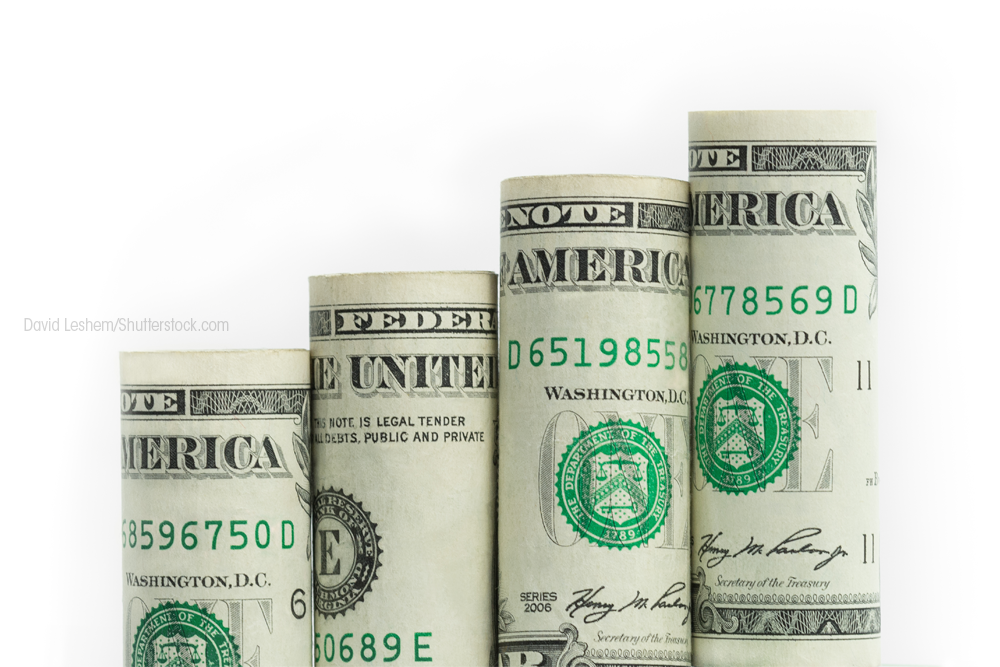- Safety & Recalls
- Regulatory Updates
- Drug Coverage
- COPD
- Cardiovascular
- Obstetrics-Gynecology & Women's Health
- Ophthalmology
- Clinical Pharmacology
- Pediatrics
- Urology
- Pharmacy
- Idiopathic Pulmonary Fibrosis
- Diabetes and Endocrinology
- Allergy, Immunology, and ENT
- Musculoskeletal/Rheumatology
- Respiratory
- Psychiatry and Behavioral Health
- Dermatology
- Oncology
US accuses generic drug makers of price collusion
Generic drug makers are defending their practices after 44 US states accused Teva Pharmaceuticals and other pharma makers of conspiring to inflate their prices in a lawsuit.

Generic drug makers are defending their practices after 44 US states accused Teva Pharmaceuticals and other pharma makers of conspiring to inflate their prices in a lawsuit.
Twenty drug companies allegedly engaged in illegal conspiracies to either prevent prices from dropping or to raise them, according to the complaint filed in the U.S. District Court in Connecticut, Reuters reported.
“The allegations in this new complaint, and in the litigation more generally, are just that-allegations,” Teva said in a statement, Reuters reported. "Teva continues to review the issue internally and has not engaged in any conduct that would lead to civil or criminal liability.”
Related: Drug pricing controversies erupt
A Teva representative did not respond to a request for comment from FormularyWatch.
Meanwhile, the Association for Accessible Medicines (AAM), which represents generic and biosimilar drug manufacturers, defended generic manufacturers’ practices.
“AAM is fully committed to compliance with all laws and to maintaining high ethical standards in the way we do business,” the organization said in a statement. “Illegal behavior, such as price-fixing or other violations of antitrust law, is inconsistent with AAM’s rules and procedures. We seek to maintain the highest ethical standards as we work to bring medicine to patients in the US.”
AAM has an established Code of Business Ethics, which reflects international principles of business ethics, including the Asia Pacific Economic Cooperation (APEC) Mexico City Principles on Voluntary Codes of Business Ethics in the Biopharmaceutical Sector. “We have established procedures and policies to help ensure compliance with the antitrust rules at our board meetings and all other AAM meetings. We will continue to assess our antitrust policies because we are committed to the idea that robust competition is the key to providing affordable and accessible medicines to patients while also constraining health care costs,” AAM said.
The best way to lower and control drug costs is through the promotion of policies that incentivize competition and bring more generics to the market, AAM added.
Related: New bills aim to lower drug prices
Still, the lawsuit alleges that generic drug makers have a “long history of discreet agreements to ensure that companies that are supposedly competitors each get a ‘fair share’,” Reuters said.
In 2012, “apparently unsatisfied with the status quo of 'fair share' and the mere avoidance of price erosion, Teva and its co-conspirators embarked on one of the most egregious and damaging price-fixing conspiracies in the history of the United States," the complaint said.
The collusive activity peaked between July, 2013 and January, 2015, when Teva is alleged to have significantly raised prices on about 387 formulations of 112 different generic drugs, the New Jersey Attorney General’s Office said in a statement.
“The size of the alleged price increases varies, but a number of drugs saw their prices soar by ‘well over 1,000 percent’,” the AG Office said.
“We all know that prescription drugs can be expensive. Now we know that high drug prices have been driven in part by an illegal conspiracy among generic drug companies to inflate their prices,” said Attorney General Gurbir Singh Grewal in the statement.
However, generic medicines account for 90% of the prescriptions dispensed in the United States, yet they only represent 22% of all drug spending, IQVIA found. In addition, 95% of generic prescriptions are filled for $20 or less.
In 2018, generics generated a total of $293 billion in savings for the U.S. healthcare system.
Read more: The impact of high drug prices on hospitals
Payers Recognize the Benefits, but Still See Weight Loss Drugs through a Cost Lens
April 12th 2024Jeffrey Casberg, M.S., R.Ph., a senior vice president of clinical pharmacy at IPD Analytics LLC, a drug intelligence firm that advises payers and pharmaceutical companies, talks about how payers are thinking about weight-loss drugs.
